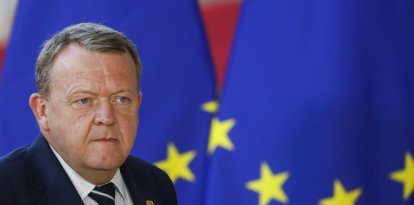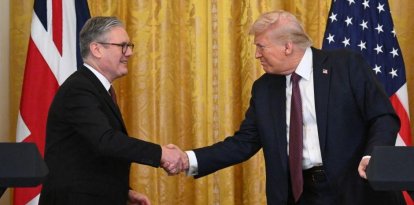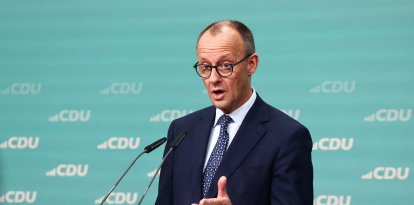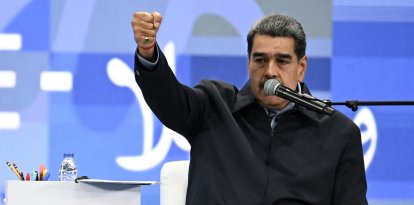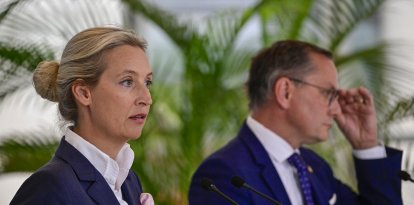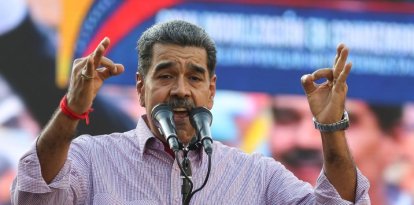State control: German government wants to remotely limit citizens' electricity consumption
A measure that will be implemented in January 2024 will allow energy operators to limit the use of electric vehicle heating and chargers without the owner's consent.
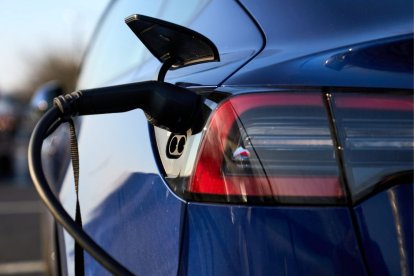
(Cordon Press)
Germany's Federal Network Agency (BNetzA) announced that by next winter it will implement a new scheme that will allow energy operators to remotely limit the use of heating and electric vehicle chargers without users' authorization.
The German newspaper Die Welt revealed that this will begin in January 2024, and says it was drawn up in response to the "increasing pressure" the German power grid has been subjected to as a result of an increase in the number electric car chargers and people who use more "environmentally friendly" devices:
Heat pumps and electric cars could soon overload the power grid. Therefore, operators should be able to throttle consumption in the future, even without the owner's consent. The plans are quite specific. The automotive industry is alarmed.
The president of the German Association of the Automotive Industry (VDA), Hildegard Müller, criticized the measure, stating that it "lacks intelligent incentives to prevent the network overloads before they occur" and claimed that "network-oriented control should be done through economic incentives, not by forcing all private recharging station owners to limit themselves":
"Necessary comfort restrictions"
The BNetzA - which is a governmental control organization responsible for electricity and gas regulation in Germany- argued that the measure is a way to ensure that energy suppliers can artificially curb electricity spending because the increase in demand cannot be offset by an increase in supply in the short term.
It also said that it requires an "acceptance of the necessary comfort restrictions." Although it is not known whether devices will be able to be completely shut down remotely, the plan has a mandatory goal of limiting power to 3.7 kilowatts, which has been described as "peak smoothing."
This limitation would "cripple the effectiveness of many devices." A clear example is that of "peak shaving." It could take up to three hours to charge an electric car enough to travel 31 miles.
Energy crisis in Europe
European Union Commission President Ursula von der Leyen warned in early December that while the entire bloc is likely to overcome this winter's energy crisis, it faces a significant gas shortage for next year.
In the case of Germany, the head of the BNetzA, Klaus Müller, stated that the country is burning through its gas reserve much faster than expected and may run into serious problems, as the country was only saving 5% of gas compared to the previous year. The figure should be around 20%. He went on to say that, while there is "no need to panic yet," further savings are needed in the coming months.
RECOMMENDATION
